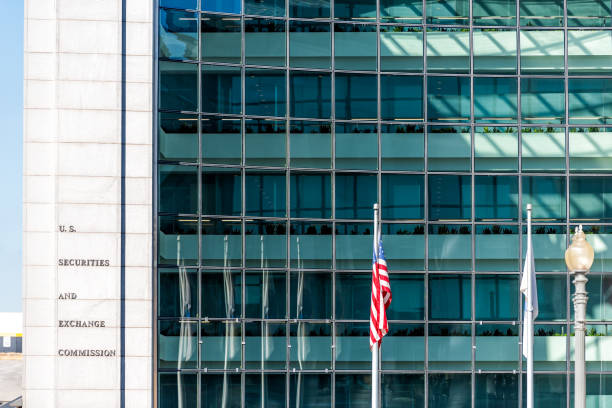The US Securities and Exchange Commission (SEC) has announced a major policy shift that could reshape how shareholder disputes are handled. According to Financial Times, the regulator confirmed on Wednesday that it will no longer block companies from entering public markets if they require shareholders to settle disputes through arbitration instead of filing class-action lawsuits.
The move effectively ends a decades-old policy, aligning with President Donald Trump’s broader push for deregulation. SEC chair Paul Atkins said the decision was part of a plan to “make IPOs great again” by easing compliance rules and reducing legal hurdles for companies looking to list publicly.
Support From Commissioners
Under the new rules, listed companies will have the option to adopt mandatory arbitration clauses, shifting disputes away from the courts. Commissioner Hester Peirce supported the change, arguing that “the market will do a better job than we can of assessing” whether such measures benefit investors.
Atkins emphasised that the SEC wants to make public listings more attractive by cutting what he described as unnecessary compliance requirements. He also signalled that further steps are coming, including additional support for smaller businesses and measures to make it easier for post-IPO companies to raise new capital.
Concerns From Lawmakers and Advocates
The shift has already triggered backlash from Democratic lawmakers and investor advocacy groups. Senators Elizabeth Warren and Jack Reed issued a warning to the SEC, calling the policy “a significant mistake, putting investors and markets at risk”.
Critics argue that limiting shareholders’ ability to sue could reduce transparency and strengthen corporate control in ways that may harm investor confidence. Shareholder advocates also note that class-action lawsuits have historically provided investors with a powerful tool to hold companies accountable.
While the SEC’s new stance marks a significant policy reversal, it does not automatically open the door to widespread use of mandatory arbitration. Delaware, where most US public companies are incorporated, explicitly bans arbitration for federal securities claims. However, competition from states such as Texas and Nevada could influence how companies approach incorporation in the future.
Billions at Stake in Settlements
Shareholder lawsuits represent a substantial financial factor for companies. In 2024, US-listed firms paid $3.7 billion in settlements related to securities class-action suits, according to Stanford Law School and Cornerstone Research. Over the past decade, annual settlements have ranged from $1.9 billion to $7.4 billion.
SEC commissioner Caroline Crenshaw, who opposed the change, noted that shareholders have historically recovered far more through lawsuits than through SEC enforcement actions. Last year, the agency returned $345 million to harmed investors, a fraction of the amounts secured via class-action settlements. Crenshaw suggested that some companies may prefer arbitration because they “would rather keep their ill-gotten gains”.


